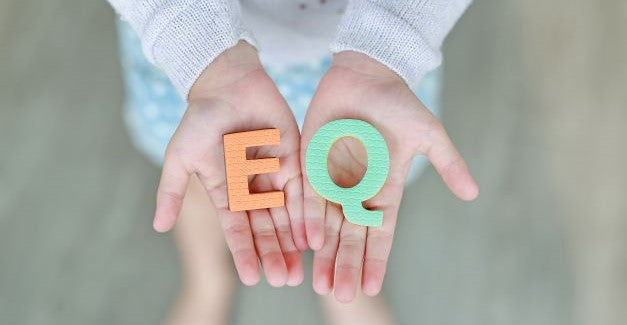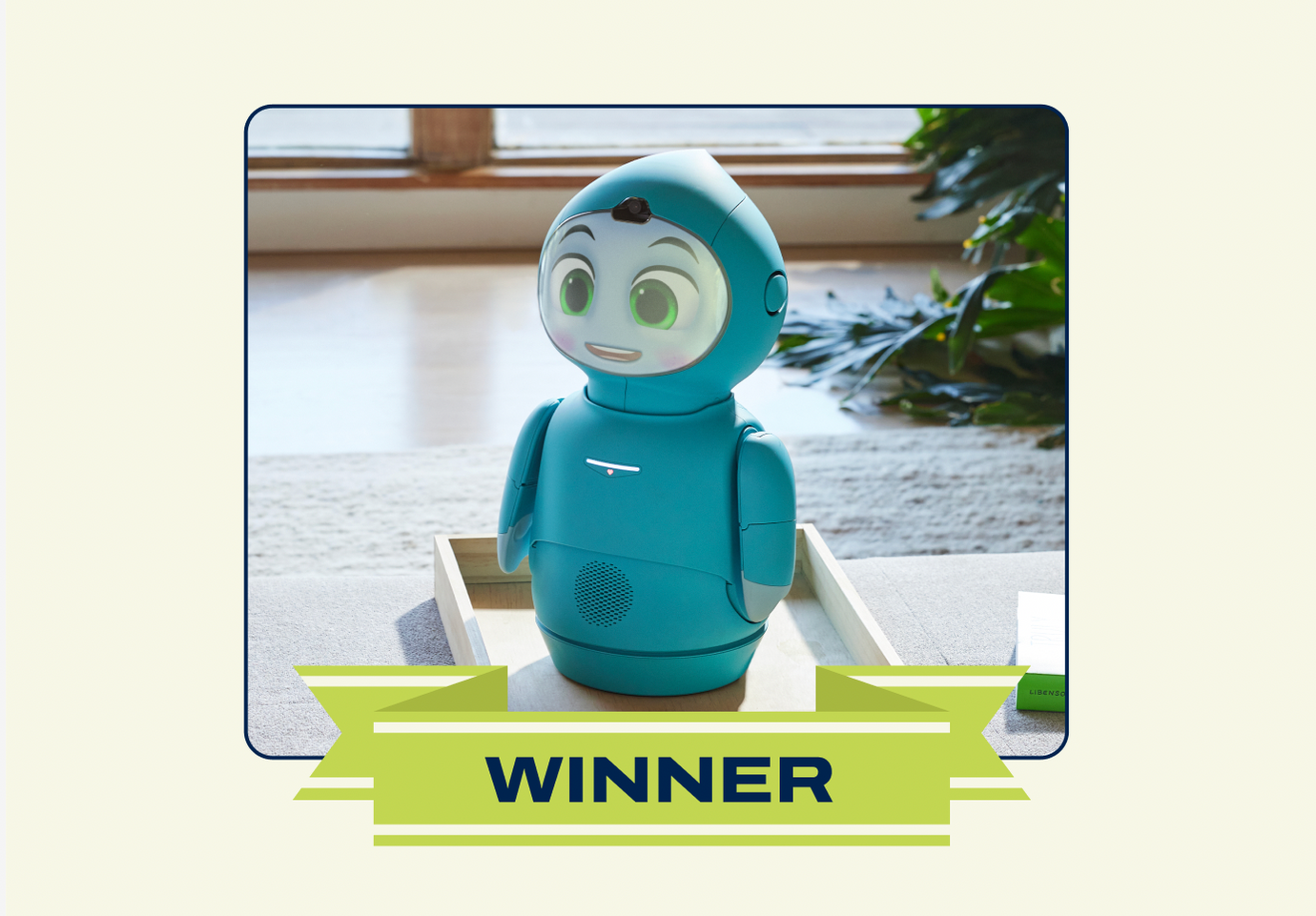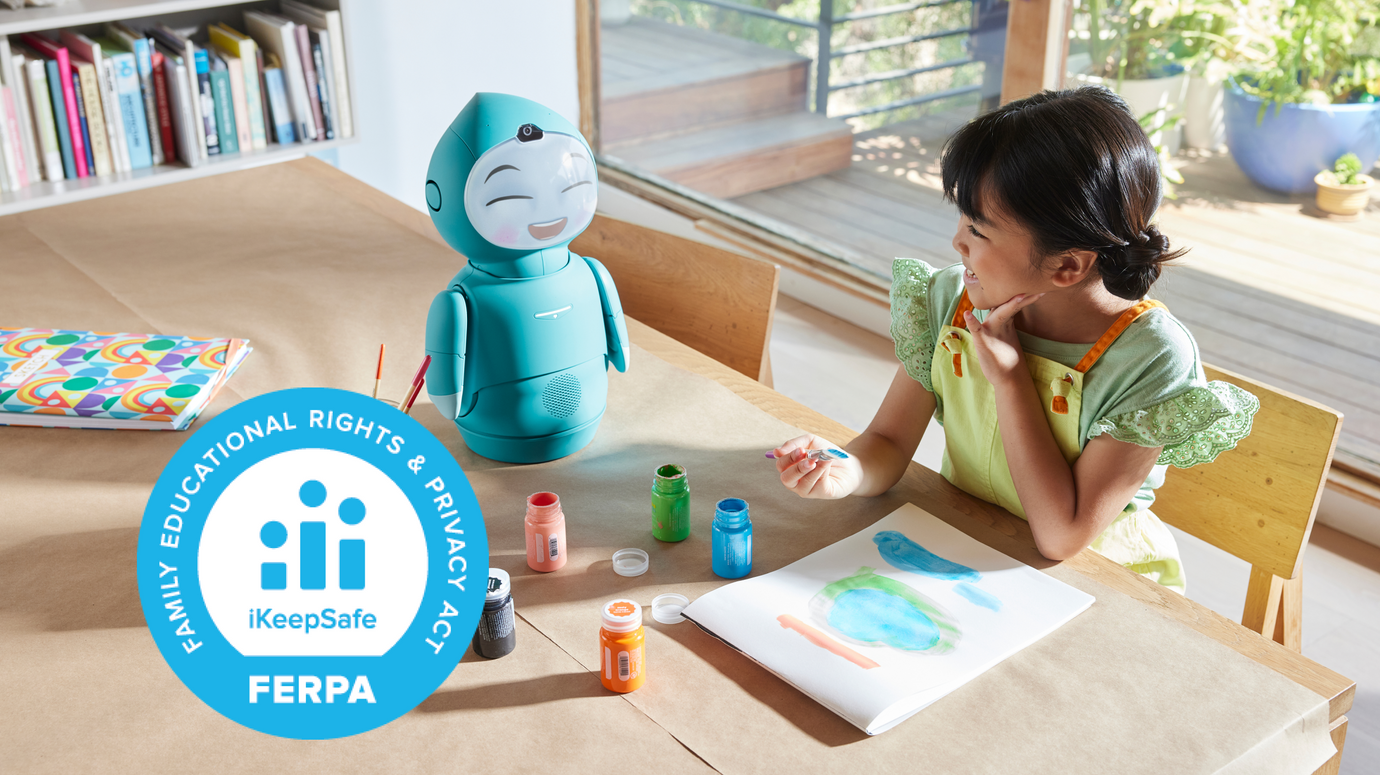Emotional Quotient (EQ) in Kids

Emotional Quotient (EQ) in Kids
Emotional Quotient, or EQ, is a buzzword-worthy but nonetheless important concept that describes a person’s ability to understand, regulate, and manage their own emotions – as well as maintain sensitivity to the emotions of others.
EQ rose to fame amongst business circles as a tactic for better teambuilding and cohesion amongst colleagues. But the idea of Emotional Quotient also carries vital implications for personal and interpersonal development outside of the professional sphere which parents, guardians, and anyone with young children in their life should be aware of.
Kids are emotional beings, and as emotional beings they should be supported by the adults in their life in developing awareness, and regulation and communication skills relating to their feelings and how those feelings are expressed. Learning more about EQ in kids can help you make this happen.

What is Emotional Quotient in kids?
The practical expressions of EQ will look a little different in kids than it does in emotionally intelligent adults, but the broader concept of EQ remains the same when applied to the younger generation. Kids with high EQ are able to recognize, regulate, and communicate even their more difficult feelings in healthy ways, to the benefit of their own wellbeing as well as that of their close relationships.
When kids understand their own emotions, this can also foster a better sense of empathy and social intelligence which allows them to be a better friend.
Why is EQ important in children?
High emotional quotient has been linked to a variety of benefits at all stages of life. Beyond interpersonal relationship building, skills like empathy and emotional self-regulation can help kids resolve conflict with peers, more easily build community, do better in school, and even generate more advantageous career prospects later in life.

- School can be frustrating, but kids with high EQ can work through their frustration to do what they need to in order to do well in an educational setting. Emotionally intelligent kids tend to score higher on standardized tests than their less-regulated peers.
- Children with high EQ are also better able to collaborate with peers and can find success in group projects, extracurricular clubs, and other team-oriented activities. All of these benefits translate later in life within collegiate experiences and professional settings.
- Emotionally intelligent kids grow into emotionally intelligent adults, and experience less instances overall of mental and emotional health problems such as depression and anxiety.
Can EQ be taught?
It can! The potential for emotional intelligence and empathy is something that everyone is born with, but the skills that allow us to apply these qualities in relationships – both with ourselves as well as those around us – are absolutely teachable. With patience, good modeling, and flexibility that serves to meet your child’s specific learning needs, you can help to foster and strengthen emotional intelligence for your kid.
Difference between EQ and IQ
EQ and IQ each represent one aspect of an individual’s holistic intelligence.
Emotional Quotient, as we’ve stated before, defines one’s ability to understand and regulate their own feelings, as well as act empathetically towards those around them.
EQ tests aim to measure:
- Empathy.
- The ability to name emotions, in oneself as well as others.
- Conflict resolution.
- Emotional adaptability.
- Impulse control.
- Effective emotional communication.
Intelligence Quotient defines intellect, or an individual’s ability to engage rational thought, and learn effectively.
IQ tests aim to measure:
- Problem-solving ability.
- Ability to grasp abstract concepts.
- Ability to use strategy effectively.
- Effective intellectual communication.
As two pieces of a larger whole, EQ and IQ are not always mutually exclusive concepts. They can impact and influence one another, especially along your child’s journey through emotional learning. However IQ does not directly determine EQ, and vice versa, so it is important to treat them as separate concepts.
Difference between Emotional Quotient and Emotional Intelligence
In practical terms, EQ and emotional intelligence (or EI) describe the same concept. EQ is sometimes used to denote measurable, metric-based emotional intelligence, where EI provides a broader perspective on the idea, but in general the two terms may be used interchangeably.
Examples of low EQ in kids
Your child may need a little extra support in building emotional intelligence if they have low EQ. Here are a few examples that will help you know what to look for.
- Your child may have low EQ if they refuse to take responsibility for their feelings and instead blame their emotional state on others.
- Your child may have low EQ if they struggle with relationships due to a lack of interest or care for the emotional state of those around them.
- Your child may have low EQ if they often act impulsively and without control due to a difficult feeling.
Examples of high EQ in kids
Here are a few examples to watch for that demonstrate successful social-emotional learning in your child.
- Your child may have high EQ if they can name and express their emotions using their words.
- Your child may have high EQ if they are comfortable setting boundaries with their friends, and coming to compromise during play.
- Your child may have high EQ if they listen to the stories their peers tell and ask questions rather than immediately turning the conversation to themself.
How do I improve my child’s EQ?
Here are a few tips that will help you to foster higher EQ in your growing child.
- The Totika Self-Esteem Game
- The Emotional Intelligence Flashcard Book
- The EMOface application

Final thoughts: Emotional Quotient in kids
Learning emotional intelligence is a complex task, and one which adults are still working to master. There exist a wide variety of activities, tools, and literary sources that are dedicated to fostering better EQ – for children as well as grown-ups.
One EQ tool made especially for children is Moxie. This little AI robot was designed to be a friend to your child, and help them become a better friend to themself as well as others through play and conversation with Moxie. Get a demo, rent, finance or buy Moxie today to help kickstart your child’s emotional journey.






